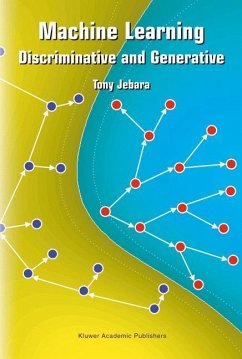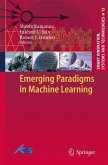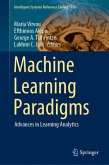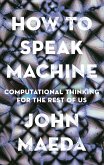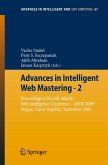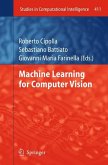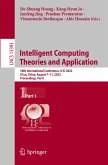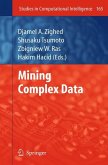Machine Learning: Discriminative and Generative covers the main contemporary themes and tools in machine learning ranging from Bayesian probabilistic models to discriminative support-vector machines. However, unlike previous books that only discuss these rather different approaches in isolation, it bridges the two schools of thought together within a common framework, elegantly connecting their various theories and making one common big-picture. Also, this bridge brings forth new hybrid discriminative-generative tools that combine the strengths of both camps. This book serves multiple purposes as well. The framework acts as a scientific breakthrough, fusing the areas of generative and discriminative learning and will be of interest to many researchers. However, as a conceptual breakthrough, this common framework unifies many previously unrelated tools and techniques and makes them understandable to a larger portion of the public. This gives the more practical-minded engineer,student and the industrial public an easy-access and more sensible road map into the world of machine learning.
Machine Learning: Discriminative and Generative is designed for an audience composed of researchers & practitioners in industry and academia. The book is also suitable as a secondary text for graduate-level students in computer science and engineering.
Machine Learning: Discriminative and Generative is designed for an audience composed of researchers & practitioners in industry and academia. The book is also suitable as a secondary text for graduate-level students in computer science and engineering.
From the reviews:
"This book aims to unite two powerful approaches in machine learning: generative and discriminative. ... Researchers from the generative or discriminative schools will find this book a nice bridge to the other paradigm." (C. Andy Tsao, Mathematical Reviews, Issue 2005 k)
"This book aims to unite two powerful approaches in machine learning: generative and discriminative. ... Researchers from the generative or discriminative schools will find this book a nice bridge to the other paradigm." (C. Andy Tsao, Mathematical Reviews, Issue 2005 k)

